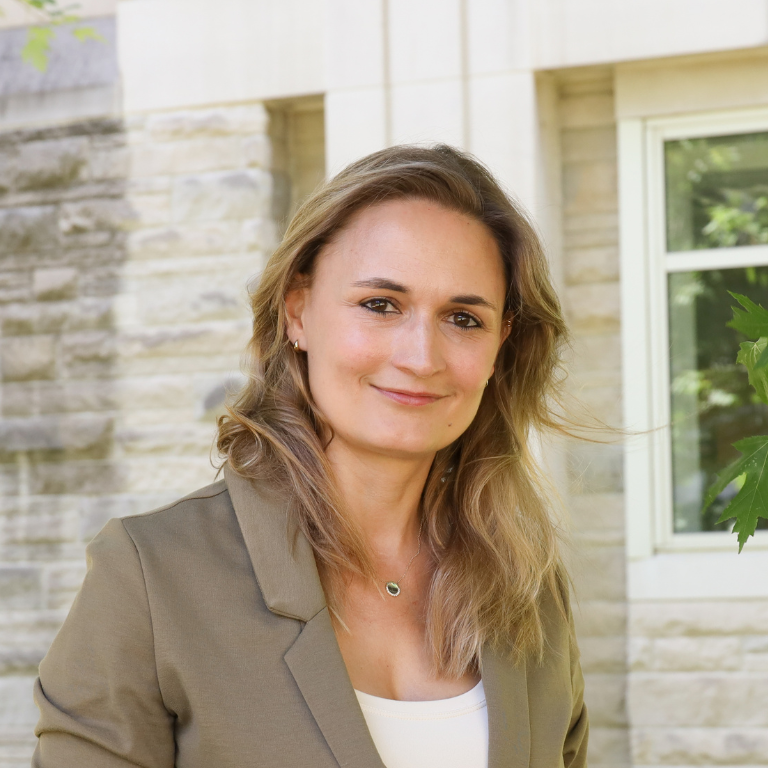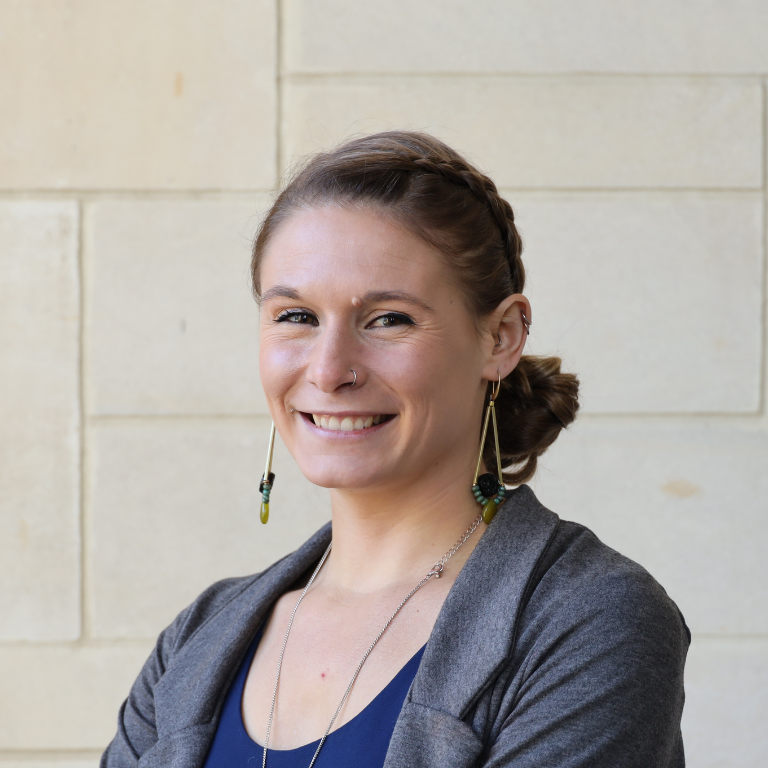Since the early 1990s, the IU Clinical Science framework has been a model for graduate education in Clinical Psychology. The department is now creating new pathways for undergraduates with a first-of-its-kind Bachelor of Science degree program in Clinical Science.
The new degree is on a remarkable trajectory. Having grown from 30 students in 2022 to 225 a year later, it is now at 400 and projected to reach 500 students by 2028.
Centered on the diagnosis, treatment, and assessment of mental health disorders, the program draws students interested in a wide variety of health-related fields: counseling and psychotherapy, neuropsychology, medicine (especially psychiatry and neurology), clinical science research, drug development and the pharmaceutical industry, nursing, social work, public policy, and a host of others.
As program co-director PBS Clinical Assistant Professor Natasha Hansen, one of several faculty members who have helped to usher in the major, explains, “Many students are psychology majors because they’re interested in mental illnesses and what we can do to optimize mental health and wellbeing. Yet to the best of our knowledge, this is the first major of its kind in the country.”
Hansen and program co-director PBS Clinical Assistant Professor Emma Schiestl have refined the curriculum to expand the knowledge and experience it provides. With the aid of PBS Director of Undergraduate Studies Jason Gold, they have built on the initial foundational work of former PBS Chair Bill Hetrick and former Clinical Assistant Professor Anne Zhang who crafted the first proposal for the major and steered it through a years-long process of state approval.
Now that the program is up and running, it’s taken on a life of its own. As Gold puts it, “Once Natasha and Emma set to work refining and promoting the major, it just exploded.”


 The College of Arts
The College of Arts